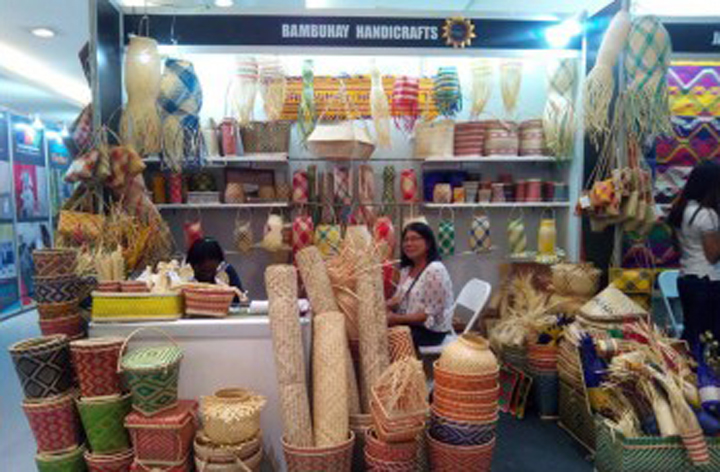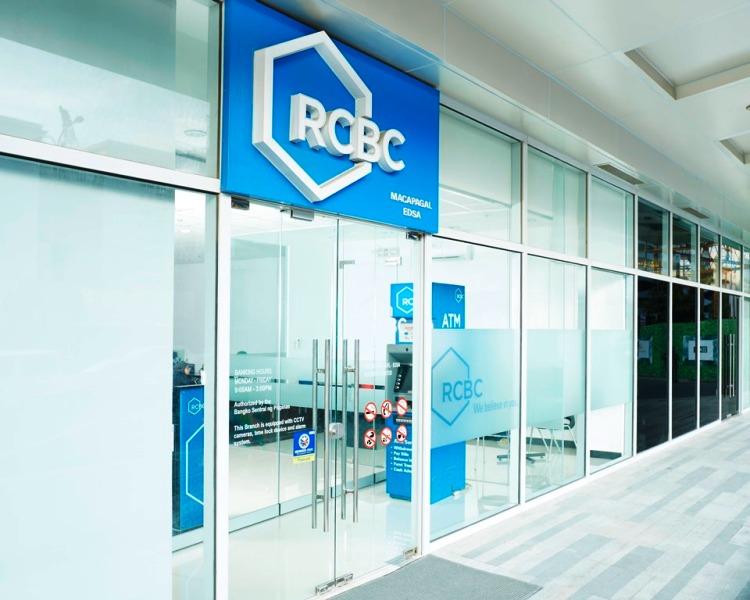RCBC president and chief executive officer Eugene Acevedo said access to finance has been among the challenges faced by MSMEs and the agriculture sector because banks require hard collateral, which borrowers do not have.

Thus in 2019, the RCBC took the lead in launching ASEAN’s first MSME Opportunity Fund to jumpstart the banking and fintech industry in creating markets and encouraging the private sector to utilize movable assets as collateral especially with the passage of Republic Act 11057 or the Personal Property Security Act (PPSA).
To do this, the RCBC has partnered with financial technology firms (fintechs) led by Acudeen Technologies Inc. to launch a P100-billion fund for micro, small and medium enterprises (MSMEs).
The pilot will initially cover Acudeen Technologies, a receivable factoring exchange that facilitates the buying and selling of SME invoices through its platform.

The open-ended fund will provide alternative funding for capital and operational requirements of MSMEs through the sale and purchase of invoice receivables and other movable assets registered by invoice receipts, certificates, or contracts as defined by the law.
It will be covered by a sovereign guarantee through PhilGuarantee to ensure the quality of underwriting and receivables assets. A review of underwriting tools will be done and preference may be for shorter duration for loans/receivables including due diligence on the company providing long historical data.
This initiative hopes to address the MSME funding gap in the Philippines worth $2 billion as of 2017 per IFC Enterprise Finance Group. Global trade finance gap amounts to $1.5 trillion, 40 percent of which is from Asia Pacific region.
Agriculture and MSME sectors form the backbone of the Philippine economy. MSMEs account for 99.6 percent of the country’s enterprises and generate 61.6 percent of employment.
Source: philstar
Image Source: sunstar.com.ph, gmanewsnetwork,






